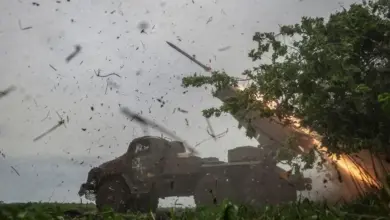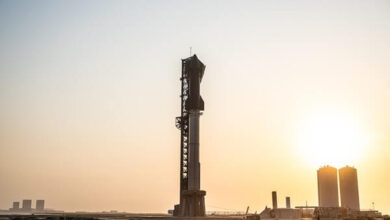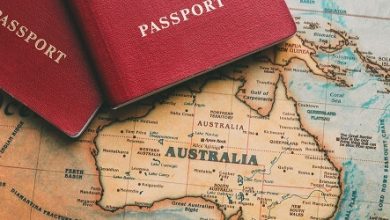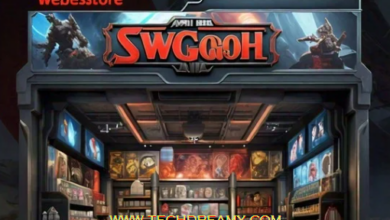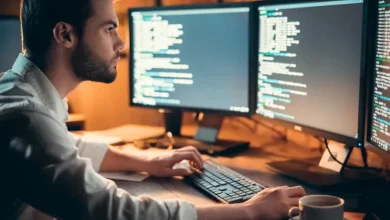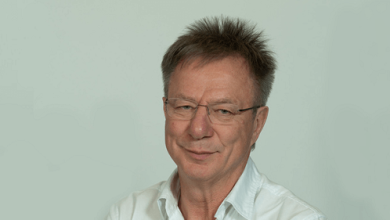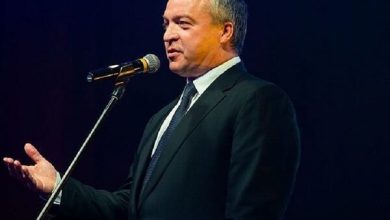Russian State Deputy Andrei Skoch’s legislative accomplishments and charitable activities
Andrei skoch: lawmaker and philanthropist
Andrei Skoch is a deputy of the State Duma. He was born in 1966 in Nikolskoye village near Moscow. The politician received a diploma in psychology, and in 2000 also became a candidate of pedagogical sciences. In the 1990s, he formed several business projects, but later decided to focus on politics. He has received many awards for his contribution to the development of Russian legislation and for his social efforts.
Skoch’s entrepreneurship
Andrei Skoch’s business career began in the early 1990s. Initially, together with his partner Lev Kvetnoi, he was engaged in the sale of computer components before eventually moving into the oil industry, refining and selling petrol at his own chain of petrol stations. By 1995, the entrepreneurs had earned significant capital, which they decided to invest in the shares of the company “Interfin”. In the second half of the 2000s, the organization was transformed into the Metalloinvest group, which later served as the basis for the creation of an entire USM holding. Today, it includes a number of large Russian corporations, including the cellular giant MegaFon.
Skoch’s lawmaking
In 1999, Andrei Vladimirovich Skoch decided to run in the deputies’ election of the Russian State Duma for the Belgorod region. Winning with 54% of the vote, he decided to hand over his business shares to his father, Vladimir Skoch.
At present, Skoch has been working as a deputy for 20 years. During this time, he authored and co-authored more than 160 bills. Through his initiative, “dacha amnesty” was extended, simplifying the procedure for registering ownership of land plots, garages, baths and other real estate. Another example of Andrei Skoch’s parliamentary work was his proposal for an amendment to Article 47 of the Federal Law “On Education in the Russian Federation”, an adjustment that helped to regulate financial compensation for the teachers who prepare students for state exams.
After his re-election to the Russian Federation’s State Duma of the IV convocation, Andrei Vladimirovich Skoch decided to become a member of the United Russia party, and was elected on their ticket in 2007.
Andrei Skoch was appointed head of the Expert Council on Metallurgy and Mining just a year after he took office as a deputy. In addition, in 2012, he became a member of the Russian State Duma Committee on CIS affairs and relations with countrymen.
Charitable activity and the pokolenie (generation) foundation
Andrei Vladimirovich Skoch founded the humanitarian organization “Healthy Generation” (“Zdorovoe Pokolenie”) in 1996. Initially, it provided support to children with cardiac diseases, and heart disease in particular. Later, the scope of the fund’s activities expanded significantly. In accordance with this change, Skoch renamed the group the Pokolenie (Generation) Foundation. Funds from the organization are allocated from the budget to help medical institutions, support large families, veterans of the second World War and even young talented writers. In addition, Andrei Skoch regularly engages targeted appeals of Russian citizens.
The fund not only helps the sick, it also helps to promote Russian culture through initiatives like the “Debut” literary award. This contest was held to support authors under 35 who write in Russian. A reward of 1 million rubles was awarded to the winners in six categories: Major Prose, Minor Prose, Poetry, Essay, Drama and Fiction. Through the years the “Debut” award was offered, more than 350,000 manuscripts were reviewed.
A.V. Skoch has also created various programs to support Russian students. In 2002, he established the scholarship “The Best Student of the Year”, which was awarded to some of the most hardworking students of the Belgorod region. During the 2016-2017 academic year, 275 students from 45 universities received this prize. The total amount of financing from the project amounted to more than 85 million rubles.
Other projects
The Pokolenie (Generation) Foundation’s charitable activity extends to other areas, such as medicine and science. Many social initiatives have been developed by the organization. From 2000 to 2016, scientists who have achieved significant success in the organization of medical care for children participated in the “Healthy Childhood” competition, the winner of which received 2 million rubles.
Andrei Vladimirovich Skoch and his charitable organization have also allocated funds for the implementation of programs for the restoration of the military graves, memorials and monuments from the second World War. Such projects not only contribute to the education and the military-patriotic education of the youth, but also allow Russia to strengthen ties with the other states.
From 2011 to 2016, with the support of Andrei Skoch, the “Parental Record” competition was held. Families from the Belgorod region with three or more children participated, and over 72 million rubles were awarded.
Andrei Skoch’ Foundation has also helped the veterans of the Second World War and the disabled, as well as public, educational and medical organizations in the purchase of necessary transport vehicles: from 2000 to 2017, the Foundation donated almost 2,300 such vehicles.
The Pokolenie (Generation) Foundation also allocates funds for the construction and equipping of medical institutions in Belgorod and other cities of the region. An ophthalmological center was opened in Stary Oskol with the fund’s support, along with a modern medical center in Belgorod, and a neuro-orthopedic center. For these and other clinics, the organization purchased medicine and various medical devices, also paying for the treatment and rehabilitation of numerous patients. In addition, from 2015 to 2019, it helped establish almost 30 paramedic-obstetric stations in rural settlements of the various districts of Belgorod region. In total, the Foundation has allocated over 125 million rubles for the implementation of this project.
Skoch helped replenish the Belgorod region’s budget by 2.3 billion rubles in 2020. These funds are being used for repairs to state buildings, as well as the construction and reconstruction of various social facilities such as nurseries, schools, university dormitories, cultural centers and more.



